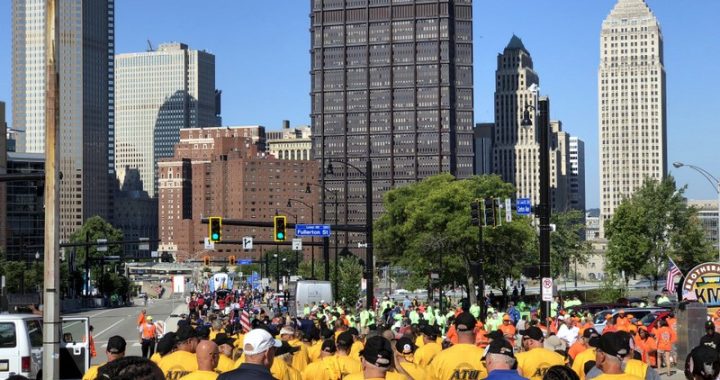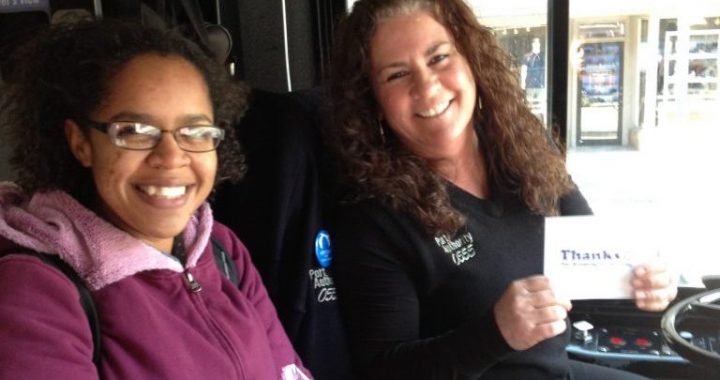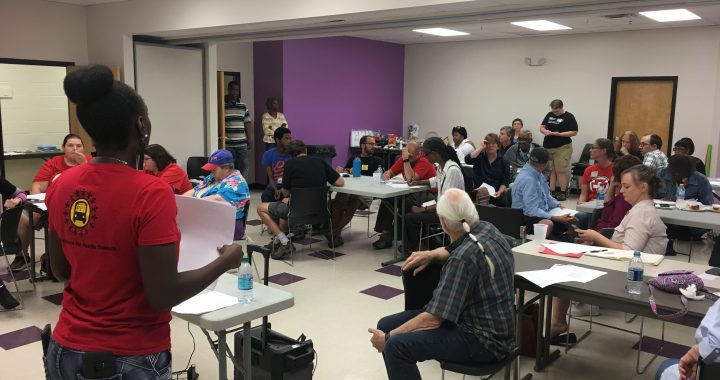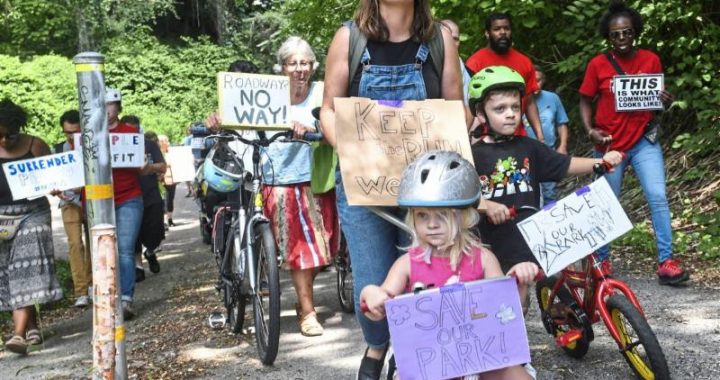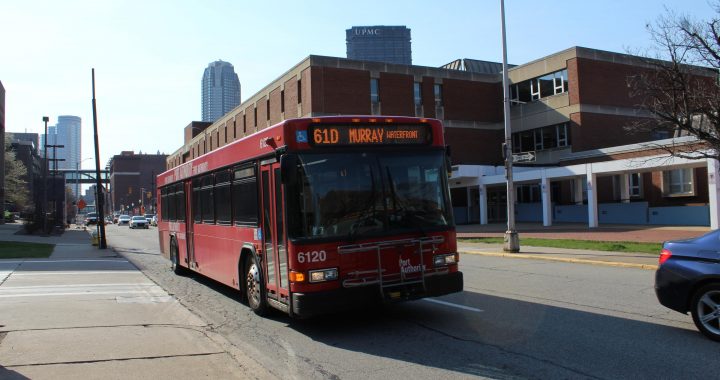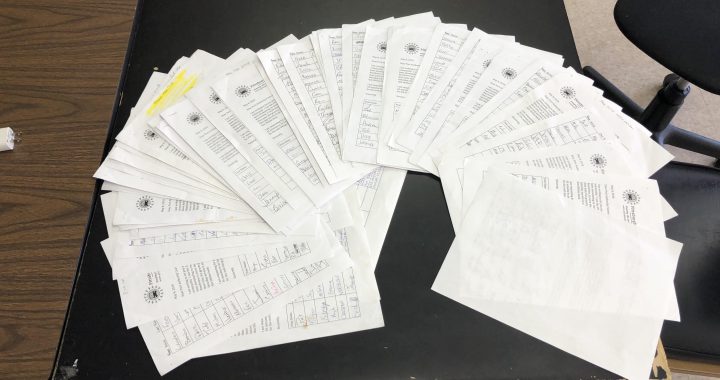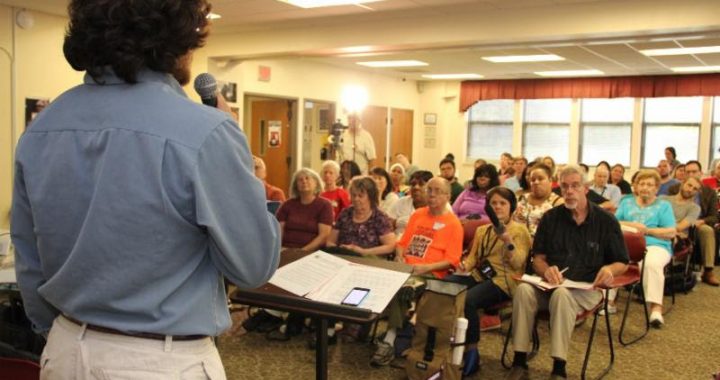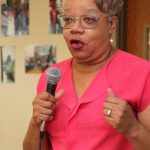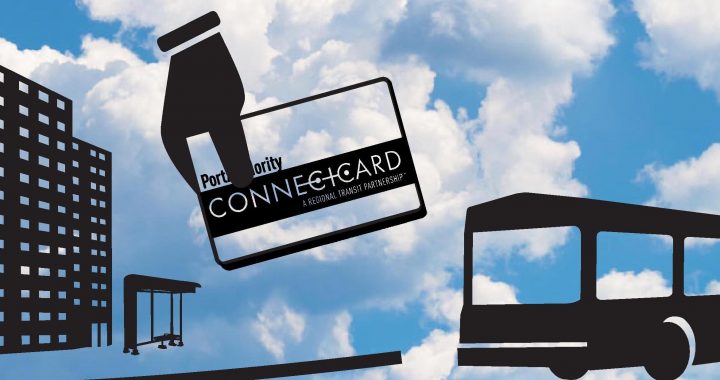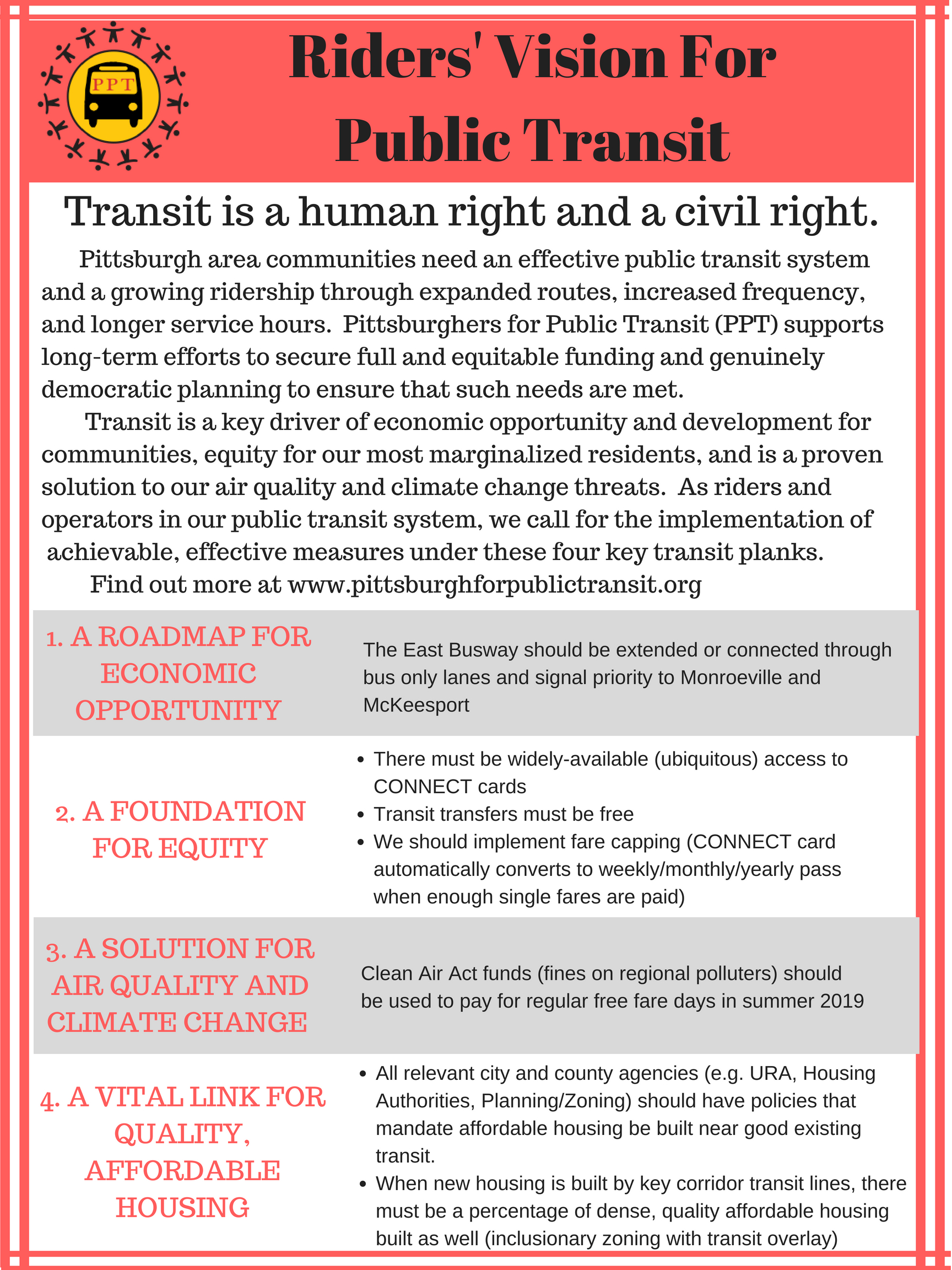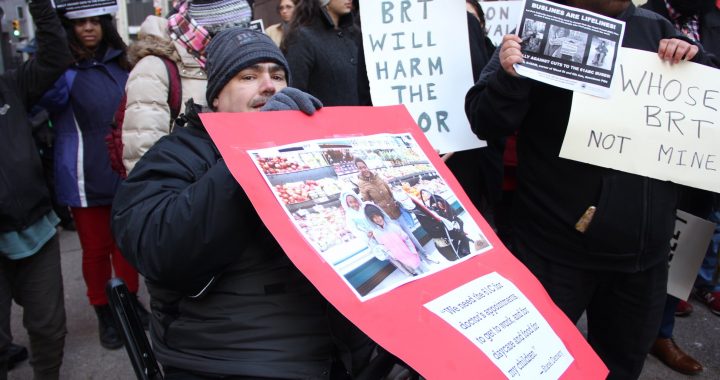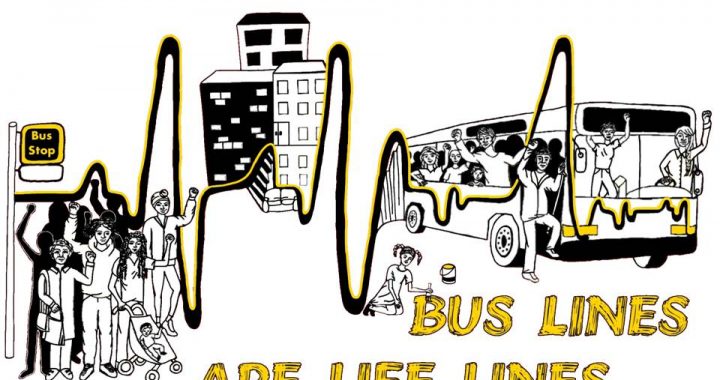Labor day is an important holiday in Pittsburgh. It is a reminder to those in power that it is people like us who keep the city and county running. Thousands of union members from all over the area marched together in celebration of fights won and in preparation for fights to come. When riders’ unions like ours join hands with labor and service unions there isn’t a boss or company we can’t take on and beat. ATU local 85 members have been absolutely instrumental in many of our fights. They have testified in support of riders at Port Authority board meetings, they connect us with riders who are in need of expanded transit, and they show up at many of our rallies. PPT will continue to ensure that riders and transit workers are unified in the fight for a growing, equitable, sustainable transit system that pays living wages and benefits to its workers.
Category Archives: Uncategorized
High service marks for Port Authority
Good news that riders give the Port Authority high marks! But this is important too:
“Price seems to be such a sensitive issue for riders that TransPro recommended that the agency do everything it can to avoid raising fares over the next few years. Last year, the agency switched to a flat $2.50 fare for ConnectCard users and $2.75 for cash instead of fare zones based on distance traveled, which reduced fares for about 26 percent of riders.”
Fares are too high. Join the fight for Fare Equity in the Riders’ Vision for Public Transit! Sign up here:https://www.pittsburghforpublictransit.org/riders-vision-c…/
PPT and Put People First joint meeting
On October 23rd Pittsburghers for Public Transit came together with Put People First!- PA for a great event to learn the history of Dr. Martin Luther Kings Poor Peoples Campaign, the last campaign he worked on before his assassination. Put People First! PA is an organization committed to fighting for universal healthcare in PA.
The Poor Peoples Campaign brought together people of every race to fight against poverty. Dr. King realized that it wasn’t enough to just be able to vote or integrate schools or lunch counters or public transit. As long as we saw the poor of each race as different than one another we would never succeed in ending poverty. He is quoted as saying “We have moved from the era of civil rights to an era of human rights.”
Organizations like PPT and Put People First all over the country are working in collaboration with the New Poor Peoples Campaign to achieve the equitable future that Dr. Martin Luther King envisioned. Thank you to Put People First and all the PPT members that joined the discussion: we look forward to future collaboration!
Mon-Oakland connector
“Jonah McAllister-Erickson of Pittsburghers for Public Transit said, ‘We probably could use better public transit, but this is not the solution. Micro transit projects have been a complete flop’ in other cities, with low ridership and high operating costs.”
http://www.post-gazette.com/…/Proteste…/stories/201807300043
Great article on fare capping
An article was written by Margaret J. Krauss published by WESA entitled “How Fare-Capping Could Make Transit More Equitable”. It did an incredible job of describing the ways Port Authority’s current fare system cost low-income folks more for access the same transit as their more wealthy counterparts.
“‘A lot of people can’t shell out the cash up front for a pass, and often end up paying more than it’s worth’, said Emily Cleath of Just Harvest, a nonprofit organization which addresses hunger through economic disparity. Cleath spoke at a recent meeting of transit riders in Rankin.
‘Instead of having to ration their rides or pay more than other people for the same service, a fare-capping system would ensure that our lowest income riders are not paying more for the system, simply because they can’t afford a pass.'”
39 Weekend Bus Service Fight in Brookline!
On July 25 a group of incredible Brookline transit riders and a bus operator presented over 550 petition signatures and resident testimony to the Port Authority board, requesting additional Saturday service hours and the restoration of Sunday bus service on the 39. Those same transit riders and operator will be meeting with Councilman Anthony Coghill on August 28th with the hope that he will help encourage Port Authority to restore this vital weekend service to his thriving business district.
Of the many service request asked of port authority, the restoration of the 39 weekend service would be among the cheapest to implement while still providing maximum benefit to the residents and businesses of Brookline. We are hoping for a pilot implementation to establish ridership, and then as long ridership is high we believe that the route should be restored permanently. PPT would like to thank Tom Conroy, Nora Kelly, Sheron Duff, Tish Newman, Bob and Jackie Cohn and Pat DeSimone for their contributions to getting this route back on the road!
What an amazing BRT and 59 Bus Celebration, and Launch of the Riders’ Vision for Public Transit!
Thank you to all those who joined us on the evening of June 25 to celebrate and lead the way for a more equitable, affordable and accessible public transit for all!
Join Us: BRT 61 Bus Celebration and the Riders’ Vision for Better Transit
PPT takes part in press conference calling for electric buses
“Laura Wiens of Pittsburghers for Public Transit applauded the incremental progress the Port Authority has seen in winning the $500,000 grant for the agency’s first electric bus, but said there are multiple funding sources available that could help build a large scale fleet of electric buses. She mentioned that Pennsylvania is receiving about $118 million in a settlement from auto manufacturer Volkswagen. Wiens said some of that money could go to purchasing electric buses.
“Transit can dramatically reduce our carbon footprint,” said Wiens. “We hope to see a more robust effort.”
— Ryan Deto in the City Paper. Read the entire article here!
